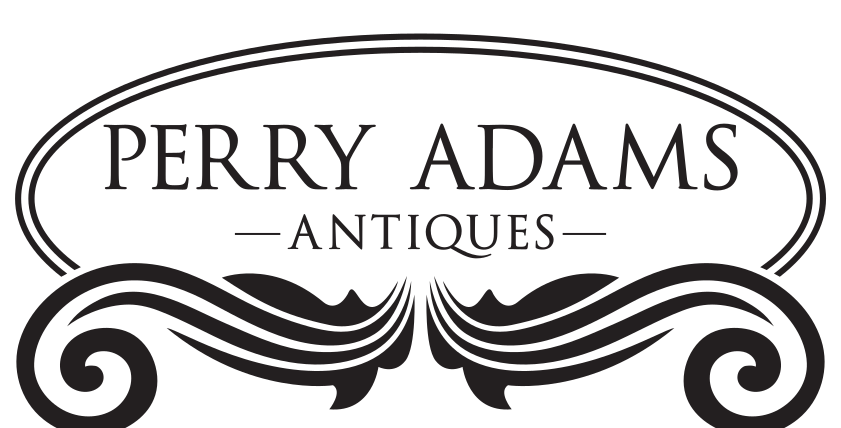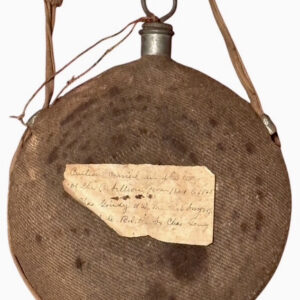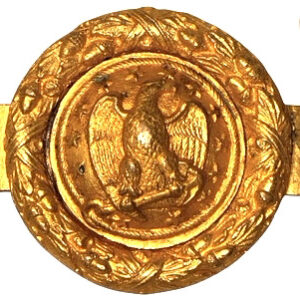ShopJanuary 28, 2026
-
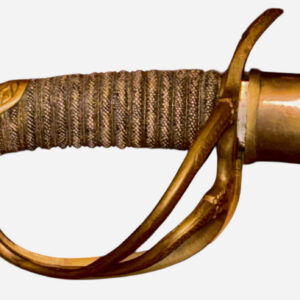
Civil War Model 1840 Cavalry Officer’s Saber
$2,650Civil War Model 1840 Cavalry Officer’s SaberJanuary 28, 2026 -
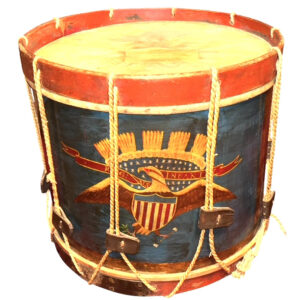
Regulation Civil War Issue Eagle Drum by Contractor George Kilbourn
$5,950Regulation Civil War Issue Eagle Drum by Contractor George KilbournJanuary 27, 2026 -
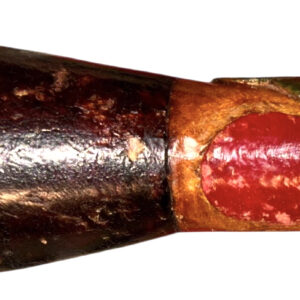
Superior Example of a Civil War Folk Art Polychrome Painted and Relief Carved Cane
$3,150Superior Example of a Civil War Folk Art Polychrome Painted and Relief Carved CaneJanuary 26, 2026 -
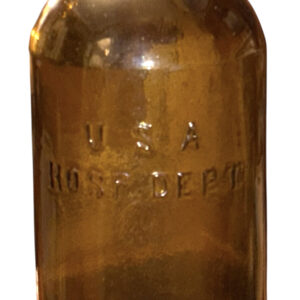
Civil War U.S. Hospital Department Bottle in Rare Apricot Color
$1,250Civil War U.S. Hospital Department Bottle in Rare Apricot ColorJanuary 25, 2026 -
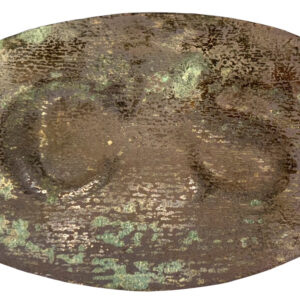
Excavated CS “Egg” Belt Plate
$2,500Excavated CS “Egg” Belt PlateJanuary 24, 2026 -
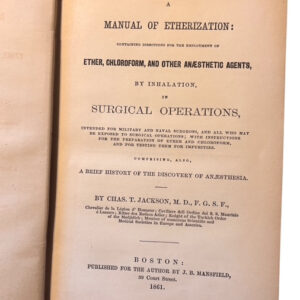
Rare 1st Edition Civil War Medical Book Entitled: A Manual of Etherization : Containing Directions for the Employment of Ether, Chloroform, and Other Anæsthetic Agents, by Inhalation, in Surgical Operations; with Instructions for the Preparation of Ether and Chloroform, and for Testing Them for Impurities. Comprising, also, a Brief History of the Discovery of Anæsthesia – By Charles T. Jackson
$850Rare 1st Edition Civil War Medical Book Entitled: A Manual of Etherization : Containing Directions for the Employment of Ether, Chloroform, and Other Anæsthetic Agents, by Inhalation, in Surgical Operations; with Instructions for the Preparation of Ether and Chloroform, and for Testing Them for Impurities. Comprising, also, a Brief History of the Discovery of Anæsthesia – By Charles T. JacksonJanuary 24, 2026 -
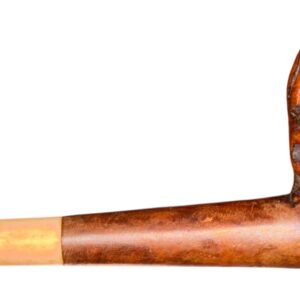
Civil War Pipe Carved by a Soldier in Co. C of the Famed 5th New York Infantry or Duryee’s Zouaves
$1,350Civil War Pipe Carved by a Soldier in Co. C of the Famed 5th New York Infantry or Duryee’s ZouavesJanuary 23, 2026 -
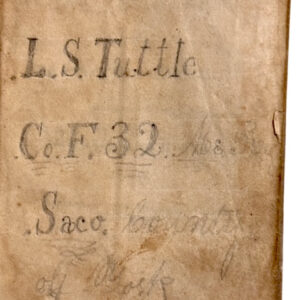
Id’d Civil War Period Pocket Bible – Lewis S. Tuttle Co. F 32nd Maine Infantry – POW and Died at Andersonville
$650Id’d Civil War Period Pocket Bible – Lewis S. Tuttle Co. F 32nd Maine Infantry – POW and Died at AndersonvilleJanuary 22, 2026 -

Pre-War to Civil War Period Cased Surgeon’s Kit by George Tiemann of New York
$3,250Pre-War to Civil War Period Cased Surgeon’s Kit by George Tiemann of New YorkJanuary 22, 2026 -
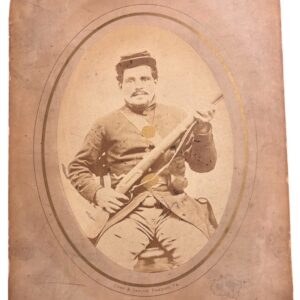
Id’d Albumen of Private John A. Bensing Co. F 87th Illinois Infantry
$275Id’d Albumen of Private John A. Bensing Co. F 87th Illinois InfantryJanuary 18, 2026 -
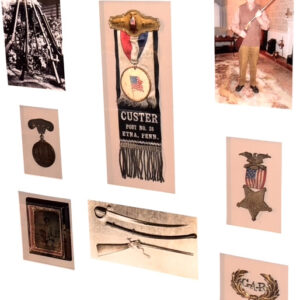
Id’d Grouping Civil War Soldier – Sergeant William Wyble Co. F 5th West Virginia Cavalry
$850Id’d Grouping Civil War Soldier – Sergeant William Wyble Co. F 5th West Virginia CavalryJanuary 18, 2026 -
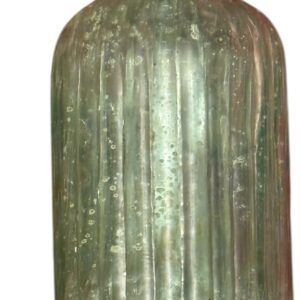
Dug Civil War Officer’s Whiskey Decanter from Union Camp at Brandy Station
$65Dug Civil War Officer’s Whiskey Decanter from Union Camp at Brandy StationJanuary 17, 2026 -
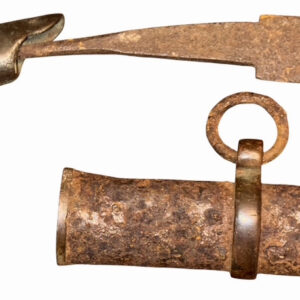
Dug Confederate Kenansville Cavalry Saber and Scabbard
Dug Confederate Kenansville Cavalry Saber and ScabbardJanuary 17, 2026 -
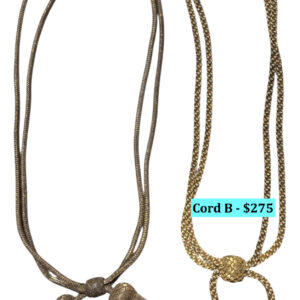
General Officer’s Hat Cords – Indian War Period to Spanish-American War
General Officer’s Hat Cords – Indian War Period to Spanish-American WarJanuary 15, 2026 -
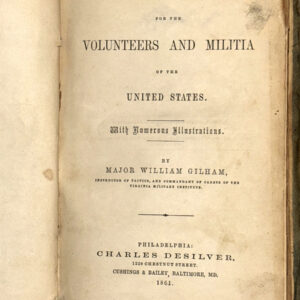
Id’d Confederate Officer’s Military Manual – “Manual of Instruction for the Volunteers and Militia of the United States” Major William Gilham, Published in 1861 – Inked and Written inside the Manual – 1st Lt. E.F. Cowherd Adj. 13th Va. Infantry
$750Id’d Confederate Officer’s Military Manual – “Manual of Instruction for the Volunteers and Militia of the United States” Major William Gilham, Published in 1861 – Inked and Written inside the Manual – 1st Lt. E.F. Cowherd Adj. 13th Va. InfantryJanuary 14, 2026 -
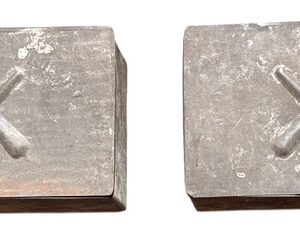
Civil War Friction Primer Tin Boxes
$295Civil War Friction Primer Tin BoxesJanuary 6, 2026 -
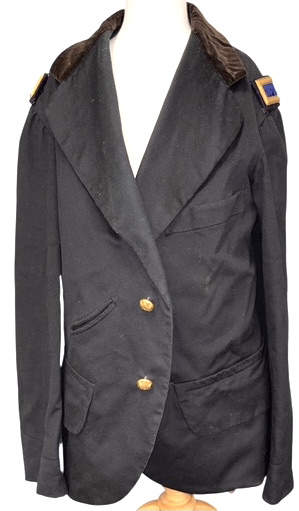
Civil War Union 2nd Lieutenant of the Infantry Fatigue Blouse or Sack Coat
$3,750Civil War Union 2nd Lieutenant of the Infantry Fatigue Blouse or Sack CoatJanuary 6, 2026
